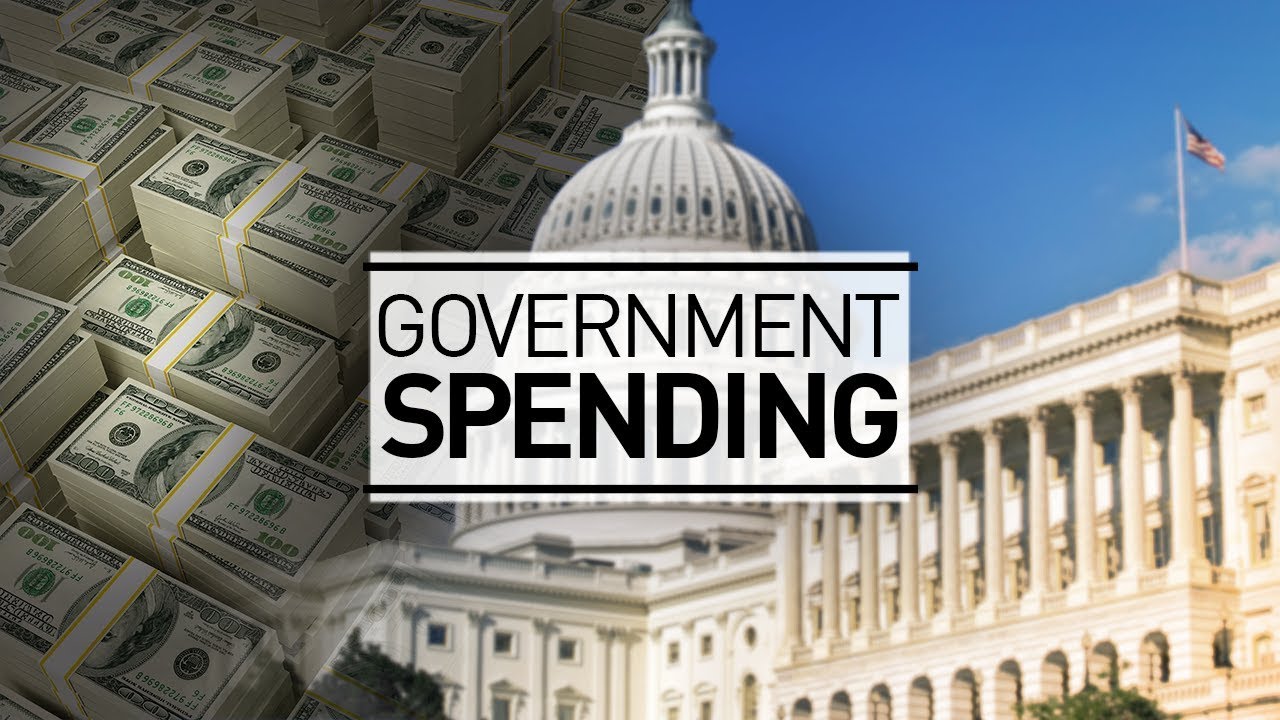Governments offer every year financial plans showing the general revenues expected to be collected during the next year and the possible expenditures incurred during the same year, and they divide these expenses into many departments based on the goal for which the expenses will be paid, but in exceptional circumstances – such as the Corona position, for example – it is It is very difficult or impossible to expect the expenses that will be incurred, and therefore if an exceptional situation may need the state to use the loans to pay these expenses or may cancel the spending and pay the greatest interest in spending the management, and in other exceptional circumstances, countries reduce spending to a large extent largely And the imposition of additional taxes, so why do countries make some exceptional circumstances by increasing spending and in some other circumstances that reduce this spending? What is the effect of increasing or decreasing spending on the state’s economy?
To answer these questions, we must study the end to be achieved from this spending and know the economic impact resulting from it.
What are the economic effects of government spending?
Government spending is carried out through financial policy tools or monetary policy tools. In financial policy, the state is either directly spending, such as disruption or spending on retirees or families whose total income does not exceed a certain amount, or indirectly spending, such as supporting goods, services, and other direct or indirect expenses. And this spending is funded through monetary policy tools by printing the banknotes, for example, or buying bonds in the local financial market, and if this spending is done in a deliberate manner with no exceptional circumstances, this spending takes a positive direction in achieving economic growth or maintaining economic stability But increasing or reducing spending may lead to many negative economic effects, and the most important economic effects are:
High interest rates
The increase in government spending by issuing bonds to finance spending from local loans leads to an increase in interest rates because investors will invest by purchasing government bonds because they are guaranteed to pay, and when the need for additional amounts to finance government spending again through bonds will be increased by bonds, the interest rates offered will not be attractive to investment, so the government increases the interest rate paid to attract investors to buy these bonds, and when the paid interest rates increase, so will the cost of borrowing.On these bonds, all investors will go to finance government bonds, so banks and the private sector are forced to offer interest rates parallel to or higher than government bonds to persuade customers to buy them, so interest rates are increased in the market for this reason.
Promotion of the private sector
When government spending is directed toward the establishment of an investment project, for example, or for any other reason, and this funding is done through bonds, as in the previous point, interest rates rise, and financial institutions tend to provide this funding to the government by purchasing these bonds.If any customer wants to request funding from this institution, it will impose It has higher interest rates than the prices granted on government bonds to be able to give him this financing, so the owners of the private sector are reluctant to request access to funds to develop their projects or create any project for the high cost of obtaining funding, and therefore most of the funds will go to the government sector, thus becoming competitors for the private sector in the investment sector.
Exposing the national currency to the risk of value
The state funds government spending by printing the banknotes, whose numbers will increase in the market as a result of this financing and thus will be subject to a decrease in their value because it will have to pay more funds to obtain a specific commodity that was at a lower price in the past and will decrease the purchasing power of the currency, which leads to a state of very sharp inflation that will affect the prices of all goods and services continuously and highly.

Entering stagnation or inflation
The increase in spending in an unsuccessful manner will lead to the entry of the country into a state of inflation due to the large amount of money offered in the markets with no corresponding goods and services in a manner commensurate with their numbers, and thus all the prices of goods and services will increase because individuals have a greater amount of money and increase their ability to pay certain sums for a specific service, even at a higher price.
Government spending on certain sectors can also lead to recession, such as the military sector in cases of war, for example. It leads to its entry into a state of stagnation or depression if this problem is worsened for a long time.
Read also: Tips and tricks from brand build experts



